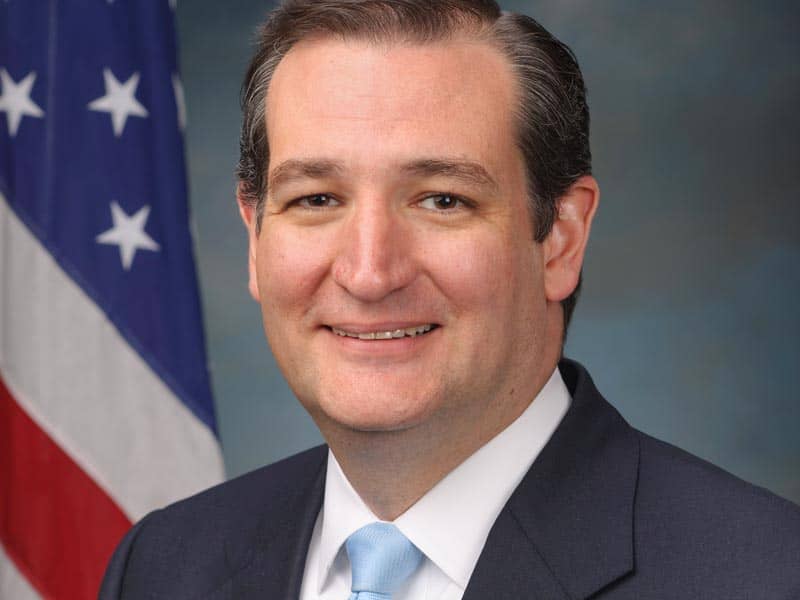"A society is judged by how it treats its people, not by how low its taxes are," Sister Anne Curtis of NETWORK, a national Catholic social justice advocacy group, said at a news conference. "People, not taxes, should be the center of our economic priorities."
The challenge from the Religious Community for Responsible Tax Policy followed a Senate vote Wednesday to gouge $450 billion out of Bush's tax cut plans, leaving roughly $1.1 trillion in tax cuts in Bush's budget proposal for the 2002 fiscal year.
The 53-47 vote was a surprise jab at a measure that had a smoother ride through the Republican-dominated House. Supporters of the reduction hope to apply that $450 billion toward the nation's schools and paying off the national debt.
Two alternative proposals have gained some support among senators.
One would reduce proposed tax cuts to about $1.2 trillion during the next 10 years, while another, supported by most Democrats, would provide $740 billion in tax cuts within the same time period. The Senate is expected to make a final decision about Bush's budget proposal Friday.
The interfaith group blasted Bush for "irresponsible" tax policies, accusing him of focusing on tax benefits for the wealthy while neglecting low- and moderate-income people.
The Rev. George Regas, president of the Regas Institute in California, accused Bush of neglecting children from low-income families and charged the president with "hijacking" the Children's Defense Fund slogan "Leave No Child Behind" during his presidential campaign.
"I wonder has Bush closed his eyes to the kind of society we have for children in America," Regas said. "President Bush proposes to cut the already modest funding for child-care assistance for low-income families as well as funding for programs to train doctors in child health care. Is that what it means to leave no child behind?"
That children live in poverty in the United States "is a moral scandal," Regas declared.
"We need to talk about moral scandals in this country that have less to do with sexual practices and more to do with the government's policies toward children," he said. "It is a moral scandal that in this country with the largest period of prosperity in history we could not find a way to put into place those policies that would take children out of poverty."
The coalition predicted a gloomy future for social programs if Bush's projected budget surplus fails to materialize.
"If the surpluses do not materialize as projected, a huge tax cut that is passed this year would require spending cuts in public education, health care, Social Security, Medicare, economic development, poverty, homelessness and international development assistance for the next decade and beyond," said Edgar, a former Democratic congressman. "Those are the very programs in which our nation should invest."
He added, "There is no surplus as long as children are living in poverty."
The Bush administration should "be investing in initiatives that ... will help us realize the biblical vision `there shall be no needy among you,"' said Mark J. Pelavin, associate director of the Religious Action Center of Reform Judaism.
"Caring for the poor, and advocating for the fair and equitable treatment of all, are more than American values. For people of faith, these are sacred responsibilities," he said. "The more closely we look at these proposed tax cuts, the more clearly we see that they would contradict the mandates of our common moral heritage and would gravely damage the well-being of so many who are struggling to survive in our country today."
Among those who signed the coalition's statement were the Rev. Clifton Kirkpatrick of the Presbyterian Church (USA), Rabbi Eric H. Yoffie of the Union of American Hebrew Congregations, the Rev. H. George Anderson of the Evangelical Lutheran Church in America, and Bishop Melvin G. Talbert of the United Methodist Church.
A similar declaration urging Bush to include more tax benefits for low-income people has been issued by Evangelicals for Social Action.
"President Bush's proposal is blatantly unjust," said the group's president, Ron Sider. "A proposal that gives 40 percent of a huge tax cut to the richest 1 percent and only 4 percent to the bottom 40 percent is simply wrong."

